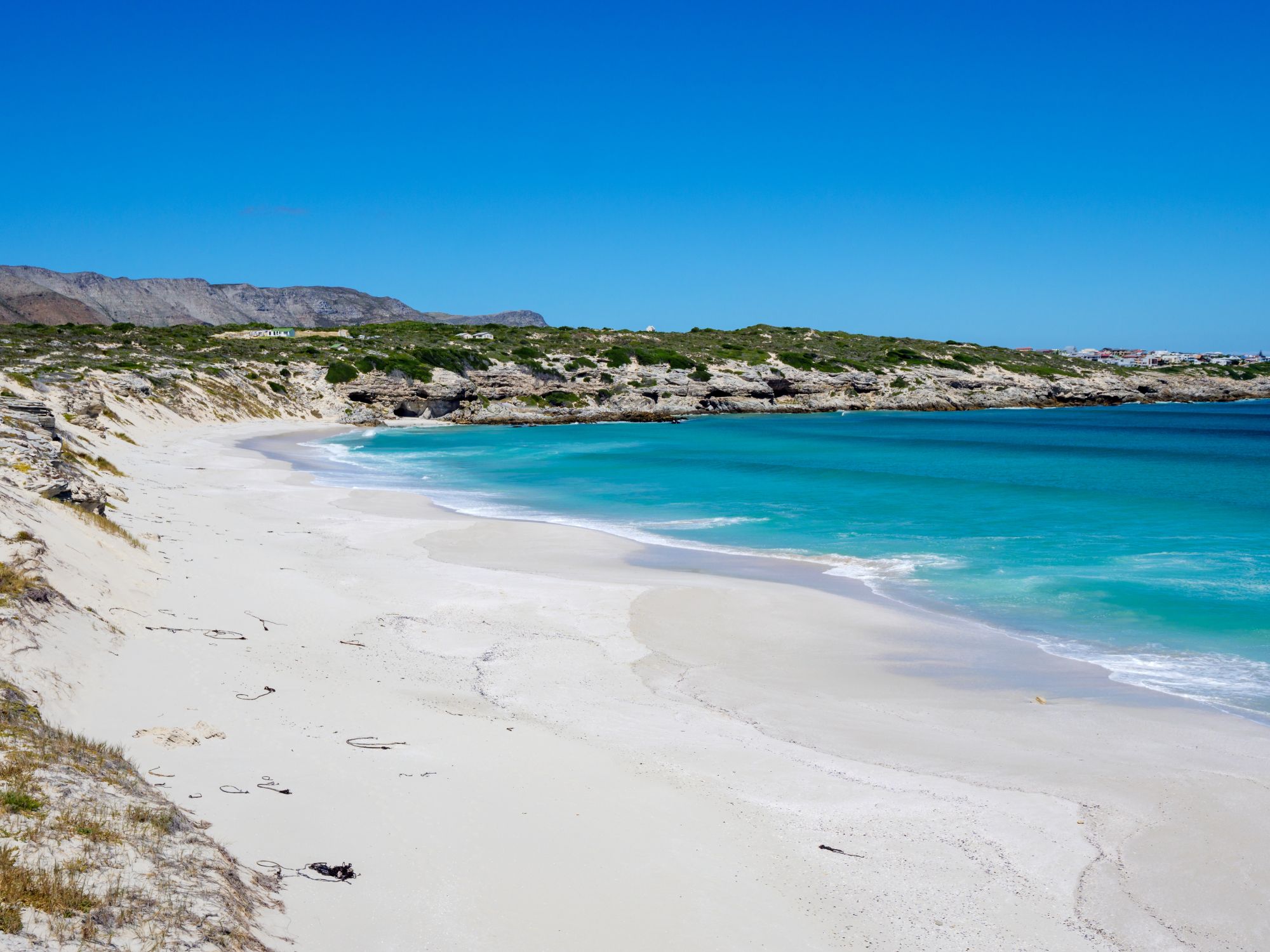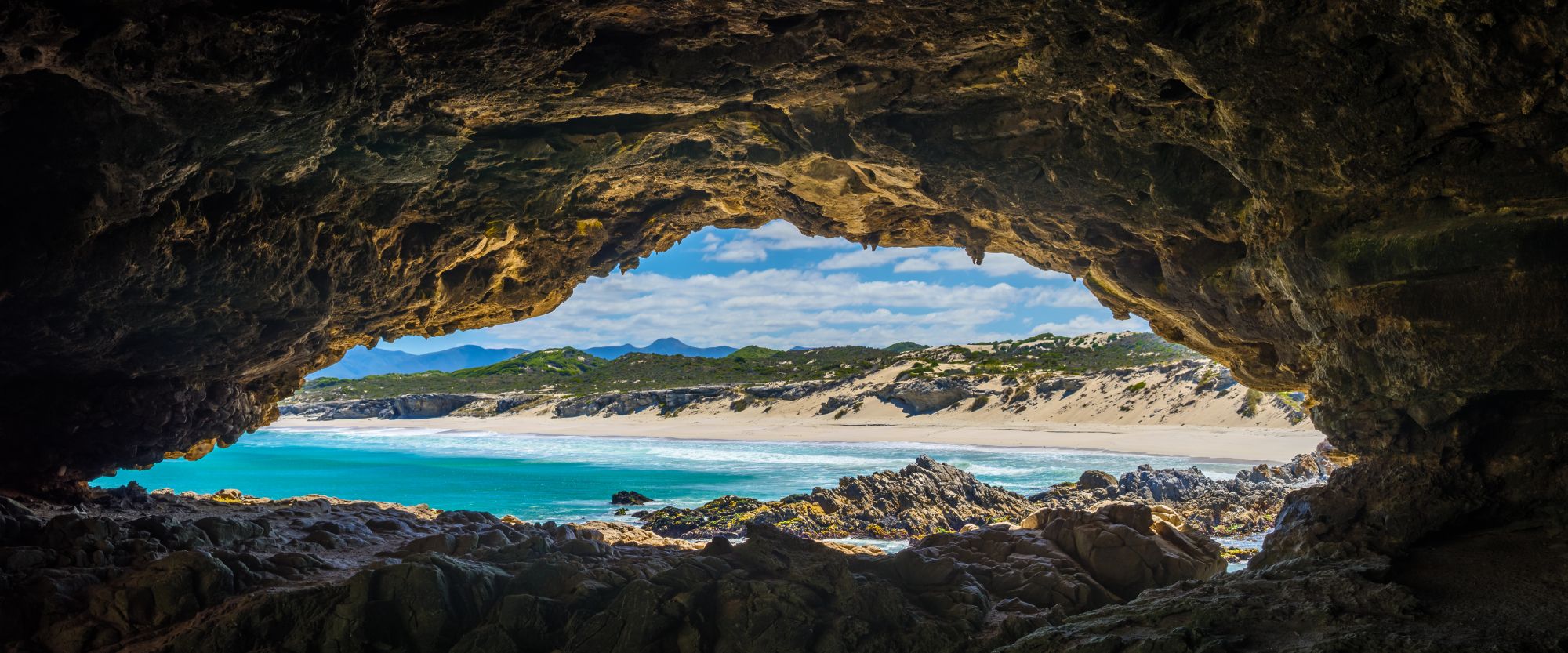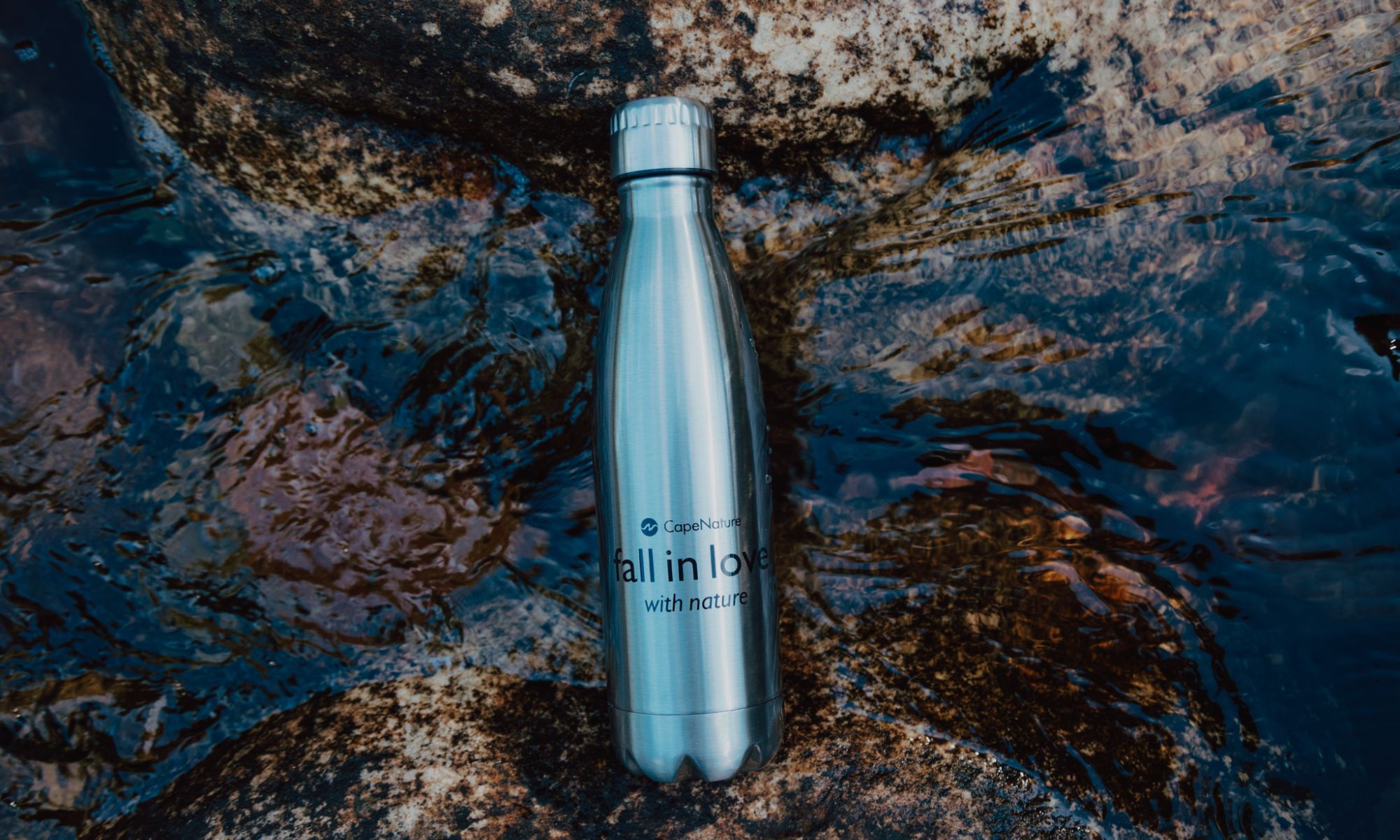
Condé Nast Traveler recognises CapeNature’s Walker Bay for having one of the World’s Best Beaches

Die Plaat beach, Walker Bay Nature Reserve
CapeNature is proud to announce that Die Plaat Beach, located within CapeNature’s Walker Bay Nature Reserve, just east of Hermanus, has been featured on Condé Nast Traveler’s prestigious list of The Best Beaches in the World. The only beach in South Africa to be recognised among a list of 34 beaches worldwide. This incredible accolade highlights the exceptional natural beauty and unique features of Die Plaat, solidifying its status as one of the most remarkable coastal destinations globally.
This 17 km stretch of beach is celebrated for its breathtaking scenery, rich biodiversity and historical significance. It’s rich biodiversity and unspoiled natural beauty can be attributed to the protected status of the Walker Bay Nature Reserve and associated biodiversity management efforts at play. The rugged backdrop of the beach is dotted by striking limestone outcrops while visitors to nearby Hermanus – the whale capital of South Africa – often detour to Walker Bay where the beach offers the ultimate viewing perch for whales passing by and seals sprawled out on the shoreline.
“We are immensely grateful that a beach, located on one of our reserves has been recognised by Condé Nast Traveler. Die Plaat’s inclusion on the list is an invitation to travelers from around the world to discover the beauty of the whale coast,” says Dr Ashley Naidoo, CEO of CapeNature.
“This achievement is a testament to the extraordinary natural beauty of the Walker Bay Nature Reserve and the hard work and dedication of our teams on the ground to keep it in pristine condition,” he adds.
Die Plaat Beach also falls within the Walker Bay Marine Protected Area (MPA), which helps to ensure that the area remains a nurturing ground for the southern right whale. This adds to the allure of the beach during the spectacular whale season between June and December every year. The reserve is also home to many species of seabirds, including the African Black Oystercatcher.
Klipgat Cave is located along the coastline, where Middle Stone Age people lived some 85 000 to 65 000 years ago. There is also evidence that Khoi and San people lived in the area about 2 000 years ago. Fossilised tracks, which were discovered in the sandstone, are being studied.
Visitors to Walker Bay enjoy day hikes along the coastline, angling, swimming and picnicking but the sea can be rough and dangerous.
With its abundant marine life, historical significance, and stunning vistas, Walker Bay Nature Reserve offers an unparalleled experience for nature enthusiasts and adventure seekers alike.

Klipgat Cave, Walker Bay Nature Reserve





